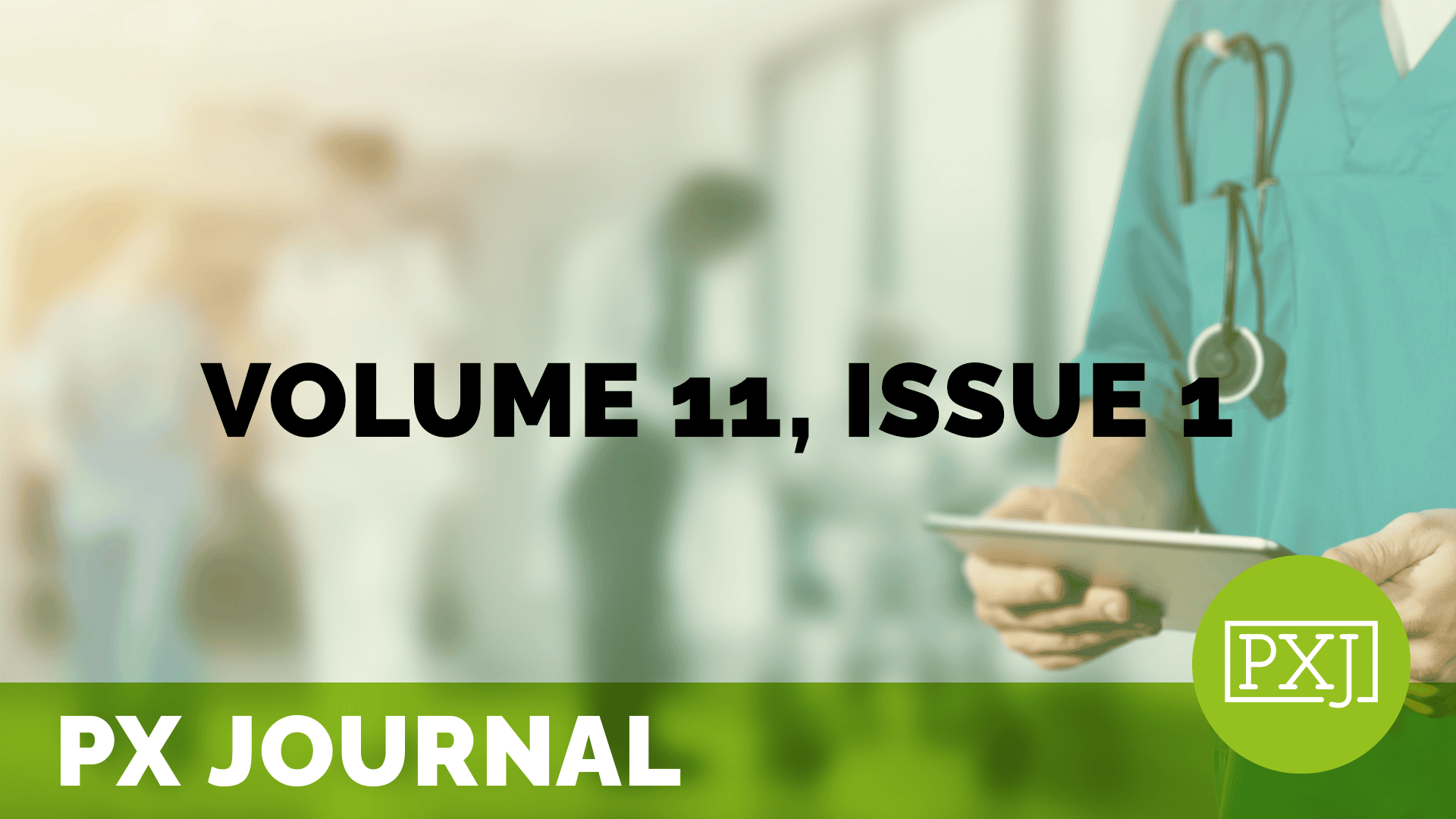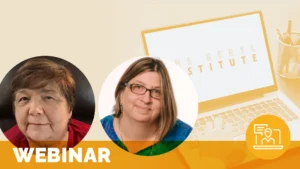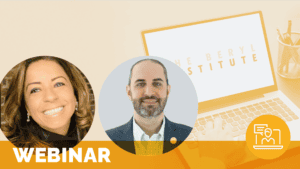“Not Your Father’s Heart”: How Healthcare Discrimination for Neurodivergent Patients Taught Me About the Human Experience

It is easy to assume all patients who come into a hospital for acute crisis care have a clear understanding of how their experience will be facilitated. When a patient is neurodivergent, they cannot always agree to needed intervention. This is exacerbated by the “poor timing” of questions portrayed to impact the critical care received, sometimes irreparably. This is my story of watching my young, active partner suffer two massive heart attacks and refuse intervention because he was ashamed to admit he had not seen a doctor in over thirty years. Due to his neurodivergence, he could not process questions under pressure, held the belief he had no health insurance, and could not afford care. This is also the story of how one talented cardiothoracic surgeon listened to my partner through the ears of a patient and nothing more. My experience with the intersection of patient experience and healthcare volunteerism led me to advocating for a truly terrified human being and I realized this was not the storybook heart attack portrayed in movies or what we typically hear from our parents or grandparents. This was living, in real-time, the thought I would lose my partner because he could not cope. We are on the other side now, but I wonder what other neurodivergent patients do when they do not have someone like me. I hope my story helps providers and PX professional think through the lens of those who cannot follow the traditional expectations of emergent care.
Related content
-
 Patient Family & Community Engagement
Patient Family & Community EngagementFamily Support Liaisons: Improving Experience in the ED
By Lani Knutson and Daniela Milea Children’s Wisconsin’s Emergency Department (ED) was confronted with two pressing challenges: a declining Net Promoter Score (NPS) and a significant surge in patient volume. A review of post-visit survey data revealed that 56% of negative comments over a three-month period were directly related to concerns about wait times and
Learn more -
 Patient Family & Community Engagement | Staff & Provider Engagement
Patient Family & Community Engagement | Staff & Provider EngagementCo-Creating Change Using Storytelling
During this webinar members of the Global Patient and Family Advisory Board (GPFAB) will demonstrate how telling stories instead of creating guidelines for healthcare professionals will improve patient outcomes. The GPFAB has created a unique storytelling guide that will help healthcare professionals understand the principles of sharing patient/care partner lived experience through storytelling and how
Learn more -
 Culture & Leadership | Patient Family & Community Engagement
Culture & Leadership | Patient Family & Community EngagementNational Human Experience Movement Led by SOBREXP in Brazil
Global Headliner Webinar Series (Complimentary) – Join this webinar to discover the inspiring journey of Brazil’s National Movement in Human Experience, led by SOBREXP, the Brazilian Society of Patient Experience and Person Centered Care. Learn about the timeline, strategies, challenges, and key achievements that have shaped this groundbreaking effort to elevate the human experience. Tuesday,
Learn more
